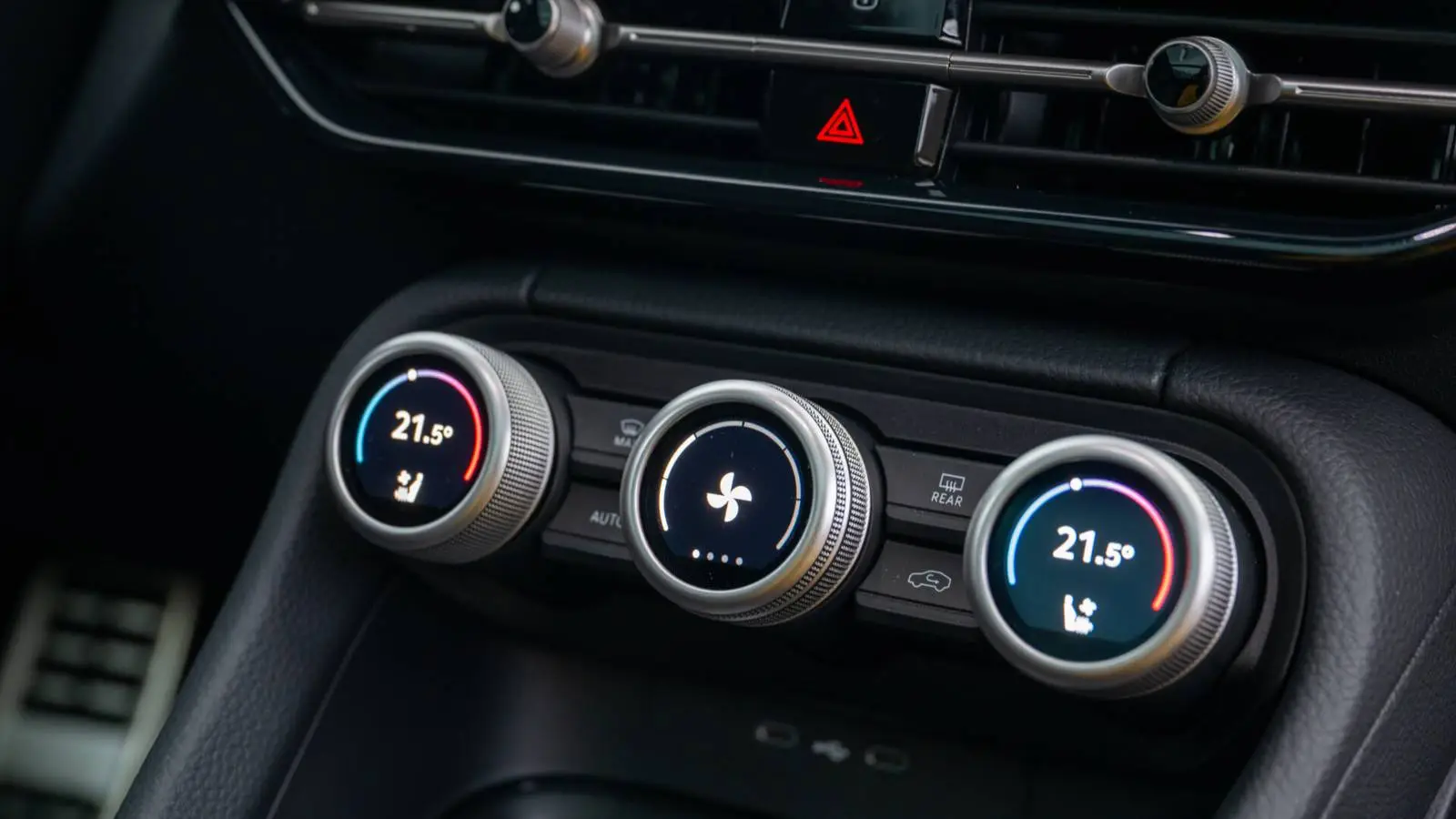Why Today’s Cars Break More Often: From Touchscreens to Driver-Assists

J.D. Power 2025 data shows record problems in modern cars, with infotainment, cameras, and ADAS failures leading recalls. Euro NCAP urges return of physical buttons.
The cars of 2025 are technological marvels — but they also break more often than we’d like. According to the latest J.D. Power study, three-year-old vehicles are showing the highest problem rates in fifteen years. Infotainment systems top the complaint charts, with Android Auto, CarPlay, and Bluetooth issues turning into a kind of modern folklore. Frozen screens and confusing menus frustrate even the most patient drivers.
Regulators are taking notice. Starting in 2026, Euro NCAP will no longer award five-star ratings to cars that hide basic functions like turn signals and wipers behind touchscreens. Physical buttons are making a comeback — and many drivers quietly cheer this reversal.
Manufacturers, meanwhile, are chasing software bugs. Ford has issued multiple recalls this year to fix rear-view camera glitches, Tesla had to deal with failing computer modules, and Genesis recalled cars to patch darkened instrument clusters. Analog dials never caused such drama.
Driver-assistance technology is also under pressure. Recent IIHS tests found most systems only “marginal” at keeping drivers engaged, while Euro NCAP ratings reveal huge gaps between brands — some cars keep lane centering smooth, others nag drivers constantly.
Electric and plug-in hybrid vehicles bring their own headaches. Around one in five public charging sessions still fails due to connector or payment issues, and customer satisfaction with charging infrastructure has actually dipped despite more stations being built.
Software updates are a double-edged sword. Over-the-air patches can fix problems overnight, but they can also introduce new ones — from blank camera feeds to buggy highway assist functions.
Mechanical components aren’t immune either. Recent reports highlight turbochargers still falling victim to oil starvation and air suspensions plagued by leaks and compressor failures.
Today’s cars are rolling digital ecosystems. Until manufacturers tame their code and strike a better balance between screens and switches, drivers will continue living with a mix of futuristic features and occasional old-fashioned breakdowns.
Allen Garwin
2025, Sep 17 20:06


